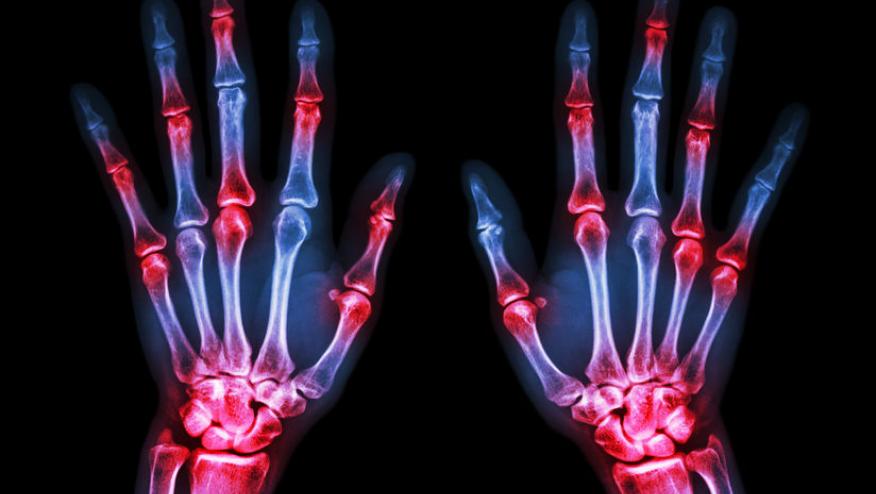Predictors of Methotrexate Non-Response Save

Methotrexate (MTX) is the first line disease-modifying antirheumatic drug (DMARD) used for the treatment of rheumatoid arthritis (RA) as it is the most cost effective first drug, monotherapy drug and the anchor drug upon which most successful combination drug regimens are built around. As success of this agent is critical to ultimate outcomes, predicting success would be an incredible advantage.
New research from a UK study suggests that nonresponse to oral or subcutaneous MTX was seen in 43% and is predicted by seronegativity, higher disease activity measures and higher anxiety scores.
The Rheumatoid Arthritis Medication Study (RAMS) is a UK multi-centre prospective observational study of patients with RA or undifferentiated polyarthritis, who are started on first line MTX therapy. MTX non-response at 6 months was based on EULAR response criteria, discontinuation of MTX due to inefficacy or need to start a biologic agent.
Among 1050 enrolled patients, 43% were classified as non-responders.
Independent predictors of MTX non-response were rheumatoid factor (RF) negativity (OR = 0.62 (0.45, 0.86), higher Health Assessment Questionnaire score (OR=1.64 (1.25, 2.15)), higher tender joint counts (OR=1.06 (1.02, 1.10)), higher anxiety scores (OR=1.07 (1.03, 1.12)) and lower DAS28 scores (OR=0.29 (0.23, 0.39)).
The surprising association with a lower DAS28 score is best explained byt the method (EULAR) used to calculate a non-response. Thus, patients with a low baseline DAS28 were unable to drop their score by the requisit 0.6 and thus have less of a chance to achieve a response. The AUC for this model was 0.74.
Other sensitivity analyses looked at failing to achieve low disease activity after 6 months of MTX. This was predicted by higher BMI, higher HAQ score, higher TJC28 and higher anxiety score, but not a lower baseline DAS28.
This study is notable by its large size, higher than expected non-response rate (due to dosing?) and the identification of anxiety as a predictive variable in clinical outcome. It is possible that baseline anxiety could be addressed at the start of therapy.










If you are a health practitioner, you may Login/Register to comment.
Due to the nature of these comment forums, only health practitioners are allowed to comment at this time.